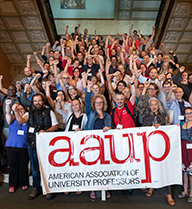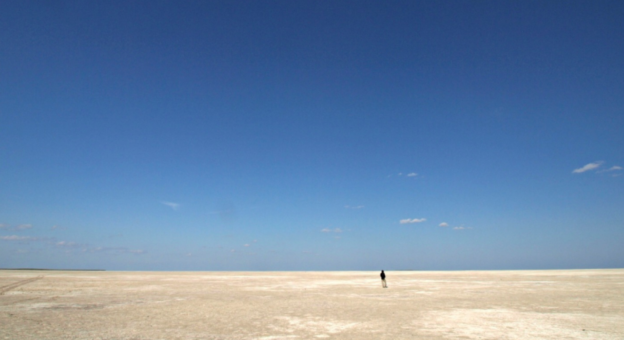I’ve always found it delightful that the term we use for when the amniotic sac ruptures, releasing the fluid within and beginning the birth process, is “breaking of the waters.” Because the birth of the Jewish nation, after its gestation for centuries in Mitzrayim, also involved the “breaking” of the waters of the Yam Suf.
The comparison is not whimsical. A newborn is empty of worldly experiences and intelligence, unable to speak or move in willful ways. What it is, though, is a dynamo of potential. So was the nation that was comprised of our ancestors. They had sunk to the penultimate rung of tum’ah in Mitzrayim and they still pined, when trapped at the sea, to return to their nation-prison. Their worthiness lay in their potential, which began to emerge weeks later at Har Sinai.
The Maharal (in his Gur Aryeh supercommentary on Rashi [Beraishis 26:34] and in his sefer Ner Mitzvah) assigns a stage of human life to each of the year’s seasons. We tend to associate nature’s awakening in spring with childhood, the heat of summer with petulant youth, autumn with slowed-down middle age and cold, barren winter with life’s later years.
The Maharal, however, describes things differently. He regards autumn, when leaves are shed and nature slows down, as corresponding to older age; summer’s warmth, to our productive middle-years; spring, to reflect the vibrancy of youth. And winter, to… childhood.
It seems counterintuitive, to put it mildly. Winter is, after all, stark, empty of vibrancy, activity and growth. Childhood is, or should be, full of joy, restlessness and development.
But spring’s new plants and leaves don’t appear suddenly out of nothingness. The buds from which they emerge were developing for months; the sap in the seemingly dormant trees was rising even as the thermometer’s mercury fell. The evidence of life that presents itself with the approach of Pesach was developing since Chanukah. In the deadest days of deepest winter, one can see branches’ buds, biding their time, readying to explode into maturity when commanded.
Winter, in other words, evokes potential. And so, what better metaphor could there be for childhood, when the elements that will emerge one day and congeal into an adult roil inside a miniature prototype? When chaos and bedlam may seem to be the norm but when potential is at its most powerful? “The Child,” after all, as Wordsworth famously put it, is indeed “father of the Man.” Every accomplished person was once an unbridled toddler.
And we read of the potential that lay in our ancestors at the “breaking of the waters” of the sea while winter still envelops us. And as the days are few until Tu B’Shvat, the Rosh Hashanah of the trees.
© 2025 Rabbi Avi Shafran









